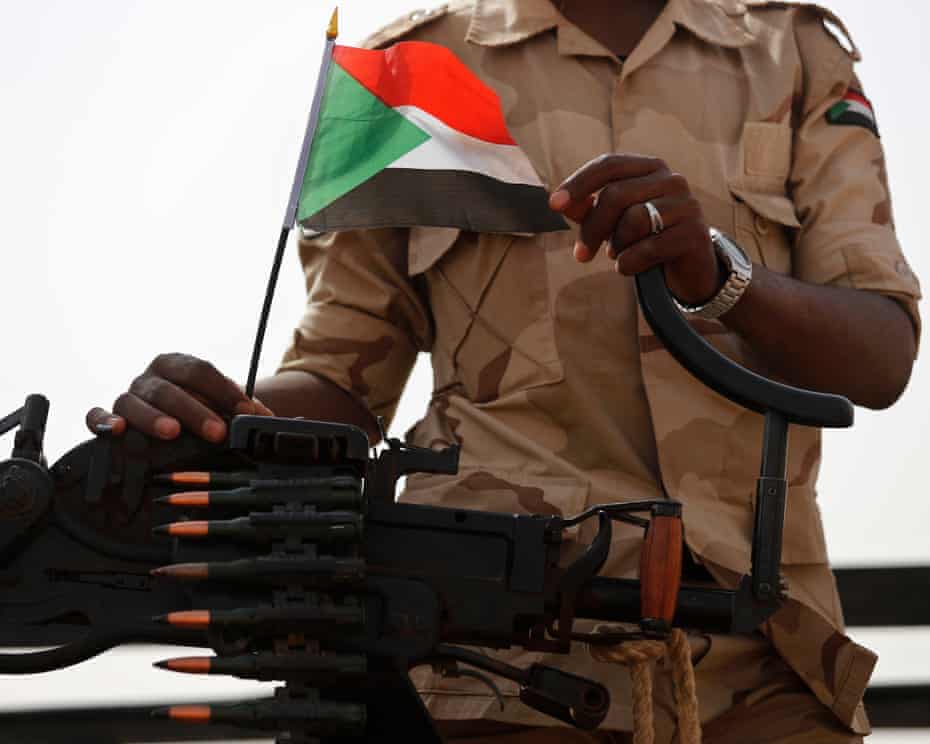The head of the World Health Organisation (WHO), Dr. Tedros Adhanom Ghebreyesus, has strongly condemned an attack on Al-Mujlad Hospital in West Kordofan, Sudan, that killed more than 40 civilians, including six children and five health workers.
The deadly strike occurred on Saturday near the frontline between the Sudanese Armed Forces and the paramilitary Rapid Support Forces (RSF), as the country’s brutal civil war continues to spiral into what global agencies now describe as the world’s worst humanitarian crisis.
The WHO’s local office confirmed dozens of additional injuries but stopped short of attributing blame for the incident. In a post on social media platform X (formerly Twitter), Dr. Tedros wrote, “We cannot say this louder: attacks on health must stop everywhere!”
The RSF, in a statement published on its website, accused the Sudanese military of launching the attack. It described the airstrike as a “barbaric aggression” and a “flagrant violation of international humanitarian law,” referencing the Geneva Conventions that prohibit targeting healthcare facilities and personnel.
Local sources cited by the independent news outlet Darfur 24 claimed the attack was an airstrike by a Sudanese military aircraft. Emergency Lawyers, a civil group documenting wartime abuses, added that a military drone was allegedly used in the strike.
However, Sudanese military spokesperson Nabil Abdallah denied responsibility, calling the accusations “false” and claiming the armed forces only target “legitimate militia strongholds.” He described the reports as “lies and propaganda” and accused foreign actors of conspiring against Sudan.
UN reacts to Sudan attack
UN agencies and humanitarian organisations were quick to respond. UNICEF condemned the strike in a post on X, warning that such attacks “severely impede the communities’ ability to receive life-saving services.” The organisation urged all parties to respect international humanitarian law.
This is not the first time a medical facility has been criticised. In January, a strike on the only functioning hospital in El Fasher, North Darfur, claimed at least 70 lives. That attack was widely attributed to RSF forces.
Sudan has been engulfed in conflict since April 2023, when a political power struggle between the military and the RSF exploded into full-blown warfare in the capital, Khartoum. Since then, tens of thousands have died, over 12 million people have been displaced, 4 million of them across borders, and more than 20 million are in urgent need of food aid. Several regions are already facing famine.
The RSF has since gained significant ground, particularly in Darfur, where the group’s roots trace back to the Janjaweed militias, previously accused of genocide against non-Arab ethnic groups in 2004.
Earlier this month, an aid convoy headed to El Fasher was attacked, killing five people and further crippling humanitarian access to the besieged city. El Fasher has been under siege by the RSF for over a year.
Virginia Gamba, the UN Secretary General’s Special Adviser on the Prevention of Genocide, addressed the UN Human Rights Council on Monday, warning that the risk of genocide and crimes against humanity remains “very high.” She confirmed that both the Sudanese Armed Forces and the RSF have committed serious human rights violations. Still, she noted that the RSF and allied militias continue to carry out ethnically motivated attacks on the Zaghawa, Masalit, and Fur communities.



